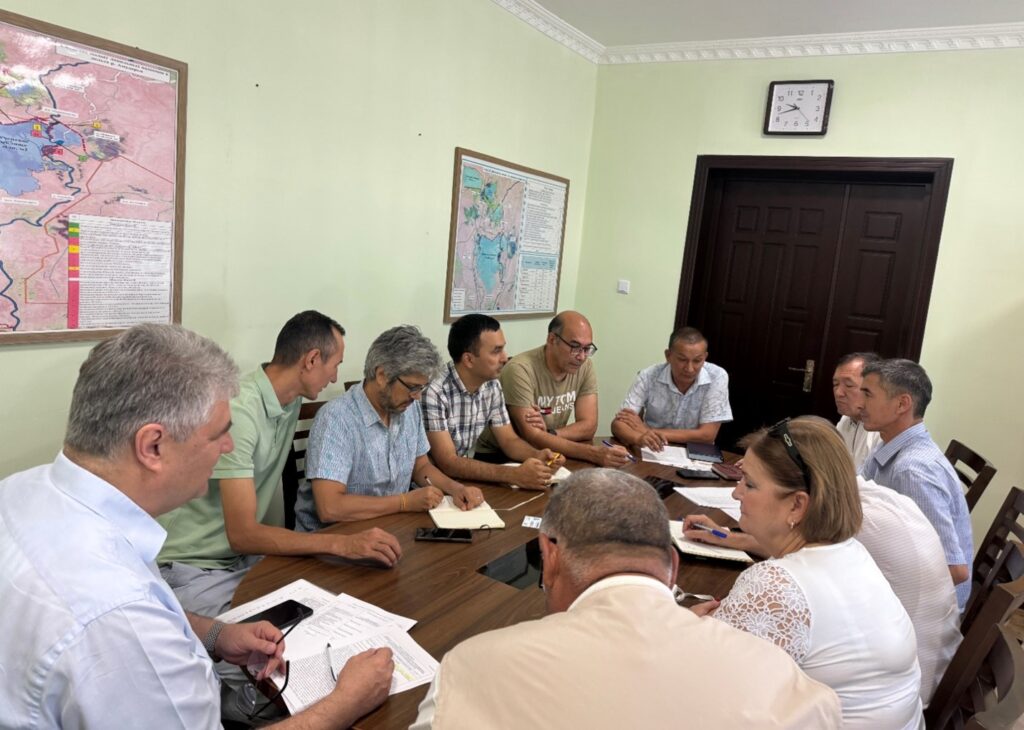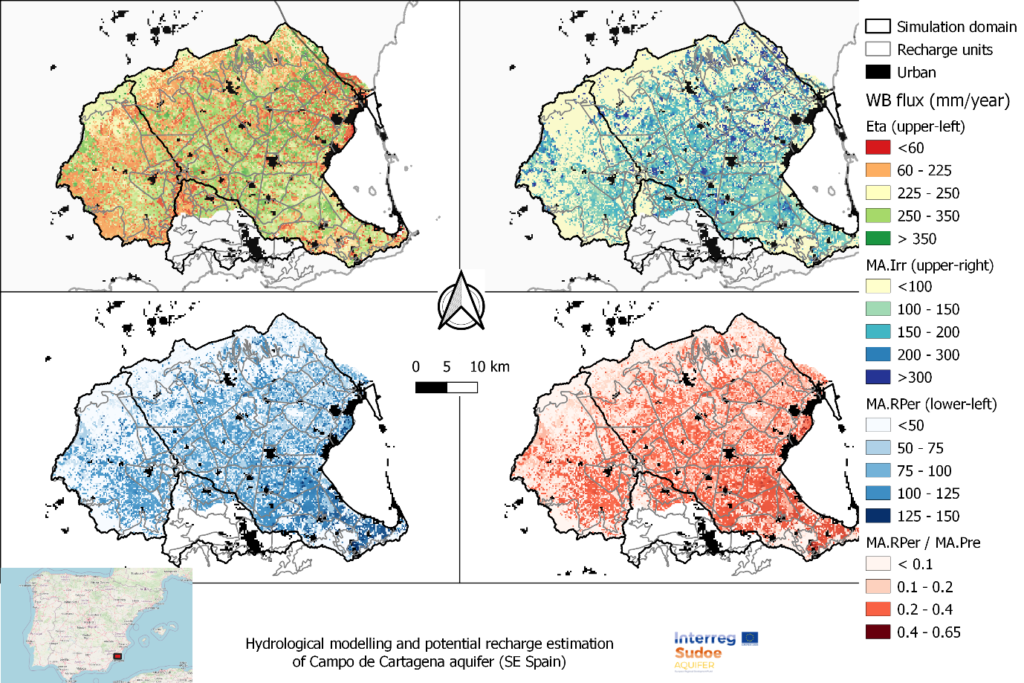TU Delft y TAHMO (Observatorio Hidrometeorológico Transafricano), junto con la embajada holandesa en Ghana, han puesto en marcha un proyecto para mejorar los datos meteorológicos locales, ayudar a los agricultores ghaneses a extraer de ellos información útil y promover así un sector hortícola inteligente desde el punto de vista climático en Ghana.
FutureWater apoya el proyecto investigando los datos óptimos de plantación de varios cultivos habituales en Ghana, como tomates, berenjenas y cebollas. El objetivo final es proporcionar a agricultores y extensionistas información específica sobre las fechas óptimas de plantación de distintos cultivos hortícolas.
Nuestra metodología se inspira en Agoungbome et al (2024) y su análisis de los periodos de siembra seguros en África Occidental. Evaluaremos tres enfoques diferentes para determinar las fechas de siembra: una estrategia basada en las precipitaciones que requiere una acumulación de 20 mm sin periodos secos posteriores, un inicio agronómico que requiere días lluviosos consecutivos, y una ventana de siembra segura basada en modelos que identifica fechas que rinden al menos el 90% del máximo potencial.
Utilizaremos el modelo AquaCrop de la FAO para simular el crecimiento de los cultivos en diferentes fechas de siembra durante los últimos 30 años. Mediante la simulación de más de 100 fechas de siembra diferentes por año, podemos evaluar la eficacia de las estrategias de siembra tanto tradicionales como basadas en datos meteorológicos. Además, podemos evaluar cómo han cambiado las fechas óptimas de siembra en los últimos 30 años debido al cambio climático y cómo afecta la sequía a las estrategias óptimas de siembra.
También será la primera vez que FutureWater utilice la versión Python de código abierto de AquaCrop, desarrollada por nuestro antiguo colega Tim Foster. Será emocionante ver cómo la precisión del modelo AquaCrop se fusiona con la potencia del marco de Python. En la medida de lo posible, también exploraremos cómo puede ampliarse el modelo AquaCrop OSPy para incluir más funciones del modelo AquaCrop original, como la simulación de la fertilidad.
Este proyecto no sólo explorará nuevos territorios en el campo de los marcos de siembra en Ghana, sino que también proporcionará información útil a los agricultores ghaneses y les ayudará a prepararse mejor para un clima que ya está cambiando.
Agoungbome, S. M. D., ten Veldhuis, M.-C., & van de Giesen, N. (2024). Safe Sowing Windows for Smallholder Farmers in West Africa in the Context of Climate Variability. Climate, 12(3), 44. https://doi.org/10.3390/cli12030044


